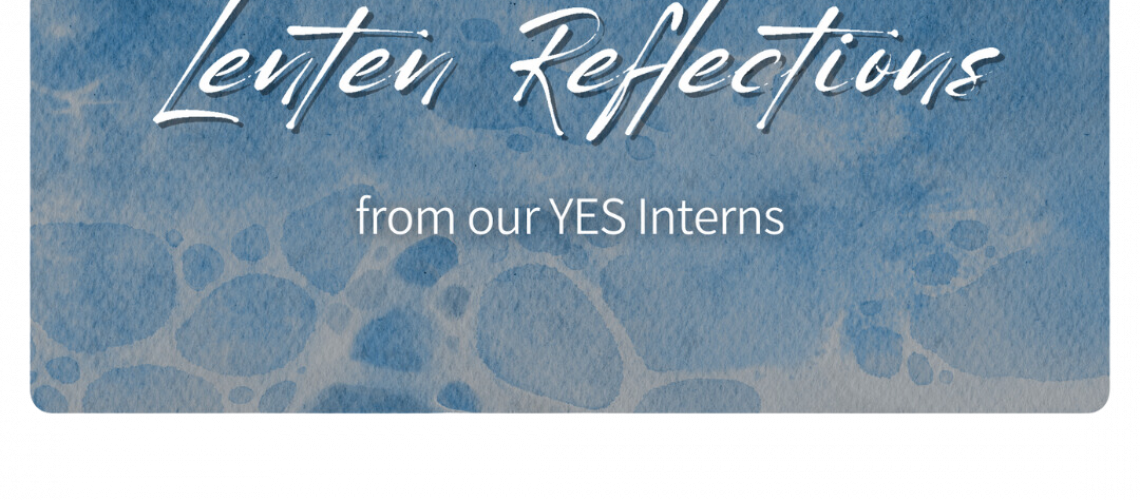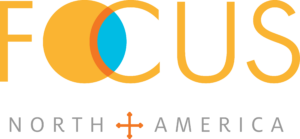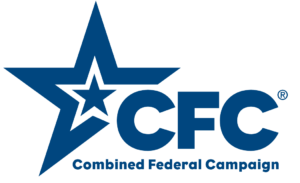Hello! My name is Julie Karam and I am a high school junior from Medfield, Massachusetts. I was fortunate enough to be one of the Fall YES interns with avid support from Katrina Bitar and Sarah Mabardy. My internship project focused on menstrual health and making period kits that were sent to a homeless shelter for women in need. My goal for this blog is to provide a general idea about period poverty and what it feels to be a woman who does not have access.
In a world where access to basic necessities is often taken for granted, there exists a silent issue that affects millions of women and girls worldwide: period poverty. Period poverty is the lack of access to menstrual products and access to education regarding one’s cycle. Imagine having to choose between buying food for your family or buying sanitary products for your period. Women and girls across the globe have to make that choice everyday. Without proper access to hygiene products, they resort to using unhygienic alternatives like rags, toilet paper, or even leaves, putting their health at risk and adding onto the stigma surrounding menstruation.
Period poverty isn’t just about lack of access to products; it’s also about the shame associated with menstruation. Many cultures and religions view menstruation as something shameful or impure, which leads to discrimination for those who menstruate. This particular stigma increases the challenges women and girls face making it more difficult for them to seek help or advocate for their rights regarding their health.
The consequences of period poverty don’t just affect physical health. They affect one’s mental well-being and education/economic opportunities as well. Girls who cannot afford menstrual products miss plenty of school due to their periods, and they fall behind, jeopardizing their future. In a professional workforce, women may struggle to perform their jobs effectively due to their discomfort and pain caused by inadequate hygiene management.
Across the globe, individuals and organizations have worked tremendously hard to address period poverty while promoting menstrual equity. Certain initiatives range from distributing free menstrual products and advocating for policy changes that ensure access to these products in schools, workplaces, and public spaces. There are also growing movements to destigmatize menstruation through education and awareness campaigns which empower women and girls to embrace their bodies without shame and embarrassment.
As individuals, we can contribute to the fight against period poverty. Whether it’s donating products to shelters, volunteering with organizations regarding menstrual health initiatives, or simply starting conversations about menstruation to reduce stigma, every action counts. By raising awareness and advocating for change, we can help create a world where menstruation is not a barrier to health, dignity, and opportunity.
As a high school junior, I’ve witnessed peers my age facing challenges with menstruation and lacking knowledge about it. Determined to pave a smoother path for future generations, I’ve dedicated myself to this cause. Engaging with organizations like the Athena Council, MetroWest Commission on the Status of Women, Fihri, and YES, I’ve embraced the role of a youth advocate. Utilizing social media platforms is pivotal in advocacy efforts. It begins with recognizing that while some may voice opposition, staying true to your convictions is more important. Next, it involves seeking out like-minded organizations or individuals and amplifying their advocacy work through reposting. Lastly, active participation in events related to your passions fosters deeper engagement and impact.
Julie Karam
Fall Intern 2023
Juliekaram74@gmail.com




